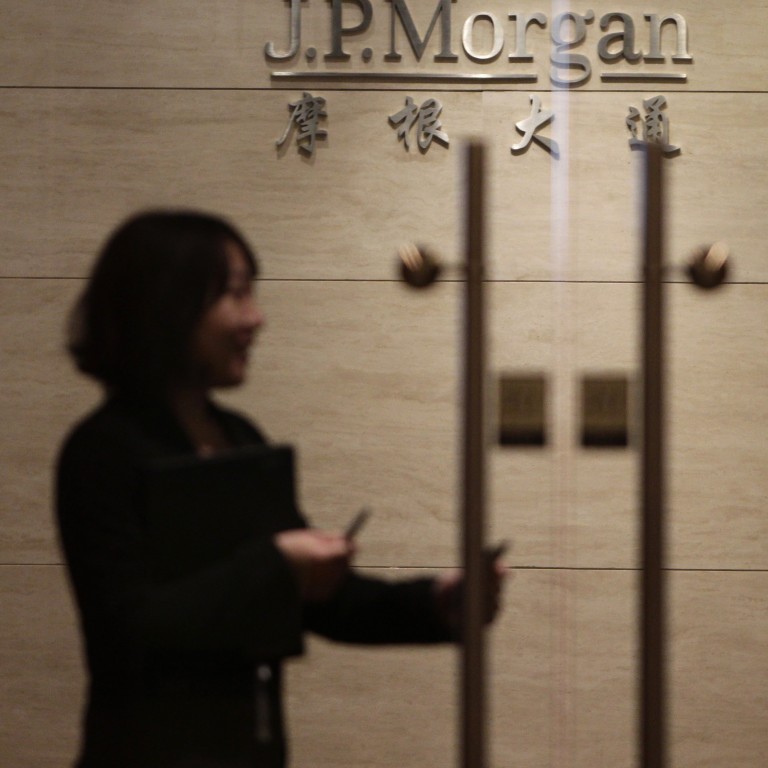
JPMorgan stops work on Chinese firm's US$1 billion IPO amid concerns over hiring
Bank employed daughter of Tianhe Chemicals' chairman, sources say
For the second time in three months, JPMorgan Chase has ceased working on a major Chinese initial public offering amid a US investigation into the Wall Street giant’s hiring practices.
The bank walked away from the proposed US$1 billion IPO of Tianhe Chemicals, based in Jinzhou, Liaoning province, after managers raised concerns over the employment of Joyce Wei, the daughter of Tianhe chairman Wei Qi, according to two sources with direct knowledge of the matter.
Wei worked in the bank’s corporate finance group and recently left for a European investment bank, the sources said.
JPMorgan had been discussing an overseas listing with privately owned Tianhe since at least 2011, when IFR first reported that the chemical company planned to list in London.
It is not clear whether Tianhe signed any formal letter of engagement before or after Joyce Wei joined the bank.
JPMorgan declined to comment. Joyce Wei, her father and Tianhe Chemicals could not immediately be reached.
While news of the exit does not suggest any wrongdoing, the decision to pass over a major overseas listing of a privately owned Chinese company underlines the bank’s determination to avoid attracting further suspicion at a time when its hiring policies are under regulatory scrutiny.
In November, JP Morgan walked away from the Hong Kong IPO of China Everbright Bank, a mid-sized Chinese lender, following reports that US authorities had opened a bribery investigation related to its hiring of the children of powerful Chinese officials, often referred to as “princelings”.
The New York Times reported in August that JPMorgan had won several mandates from China Everbright Group after it hired Tang Xiaoning, the son of Tang Shuangning, the group’s chairman.
Everbright Bank went on to raise HK$24.9 billion from its Hong Kong share sale, the largest flotation in the city last year.
Despite losing out on that deal, JPMorgan still ranked fourth in China’s equity and equity-linked league table last year, according to Thomson Reuters data.
However, rivals are questioning the impact of the bank’s cautious policy on its China franchise.
“We heard the bank has been avoiding deals related to the China railway sector, and hence it’s not actively pitching for the China CNR and China Railway Materials transactions,” said a banker at a rival bank.
The US Securities and Exchange Commission was also probing JPMorgan’s hiring of Zhang Xixi, the daughter of a now-disgraced official of the Ministry of Railways, The New York Times reported in its August article.
Shanghai-listed China CNR, one of China’s biggest trainmakers, plans to raise about US$1.5 billion in a Hong Kong IPO this year. China Railway Materials, meanwhile, is looking at a US$1 billion deal.
Tianhe had picked Bank of America Merrill Lynch, Citigroup, JPMorgan and Morgan Stanley to arrange its London IPO, IFR reported in July 2011.
After wavering between a London and Hong Kong float, the company is now focusing on Hong Kong and is reshuffling its syndicate, according to two other sources.
Tianhe, which supplies grease to refiners including PetroChina, plans to raise about US$1 billion in the second quarter of the year at the earliest.
Morgan Stanley, through its private equity arm, made a US$300 million investment in Tianhe in March 2012.
